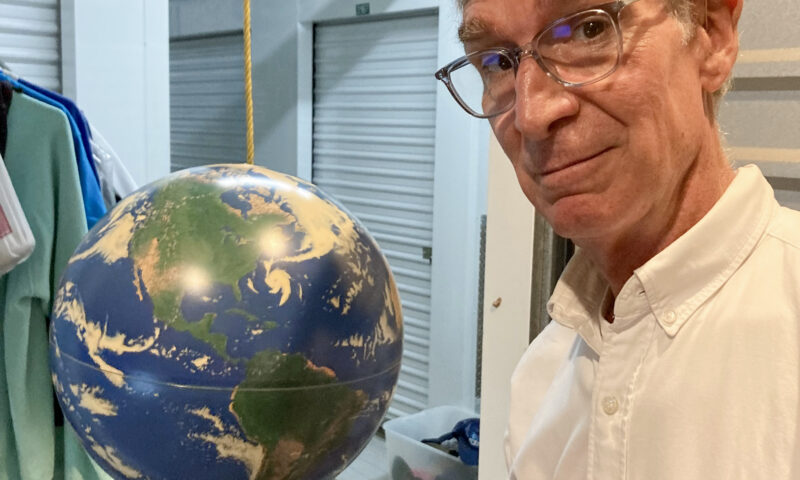Adults middle-age and older believe old age begins later in life than their peers did decades ago, according to a study published by the American Psychological Association.
“Life expectancy has increased, which might contribute to a later perceived onset of old age. Also, some aspects of health have improved, so that people of a certain age who were regarded as old in the past may no longer be considered old nowadays,” said the study’s author, Markus Wettstein, a doctor of philosophy with Humboldt University in Germany.
People working longer before retiring could be a factor, too, researchers said.
Wettstein, along with colleagues at Stanford University, the University of Luxembourg and the University of Greifswald (Germany), examined data from 14,056 participants in the German Aging Survey, which includes people in Germany born between 1911 and 1974. Participants responded to questions up to eight times over 25 years (1996-2021), when they were between 40 and 100 years old. Additional participants (40 to 85 years old) were recruited as later generations entered midlife and old age.
Among the many questions survey participants answered was, “At what age would you describe someone as old?” The researchers found that compared with the earliest-born participants, later-born participants reported a later perceived onset of old age. For example, when participants born in 1911 were 65, they set the beginning of old age at 71. Participants born in 1956 said old age begins at 74, on average, when they were 65.
However, the researchers also found that the trend toward a later perceived onset of old age has slowed in recent years. “The trend toward postponing old age is not linear and might not necessarily continue in the future,” Wettstein said.
The researchers also looked at how individual participants’ perceptions of old age changed as they got older. The perception of the onset of old age was pushed further out. At age 64, the average participant said old age started at 74. At 74, they said old age started at 76. On average, the perceived onset of old age increased by about one year for every four to five years of actual aging.
Women, on average, said old age started two years later than men – and that the difference between men and women had increased over time. They also found that people who reported being more lonely, in worse health, and feeling older said old age began earlier, on average, than those who were less lonely, in better health, and felt younger.
The results may have implications for when and how people prepare for their own aging, as well as how people think about older adults in general, Wettstein said.
“Perhaps the onset of old age is postponed because people consider being old to be an undesirable state,” Wettstein said.
The study was published in the journal Psychology and Aging.
Future research should examine whether the trend toward a “postponement” of old age continues and investigate more diverse populations in other countries, including non-Western countries, to understand how perceptions of aging vary by country and culture, according to the researchers.

